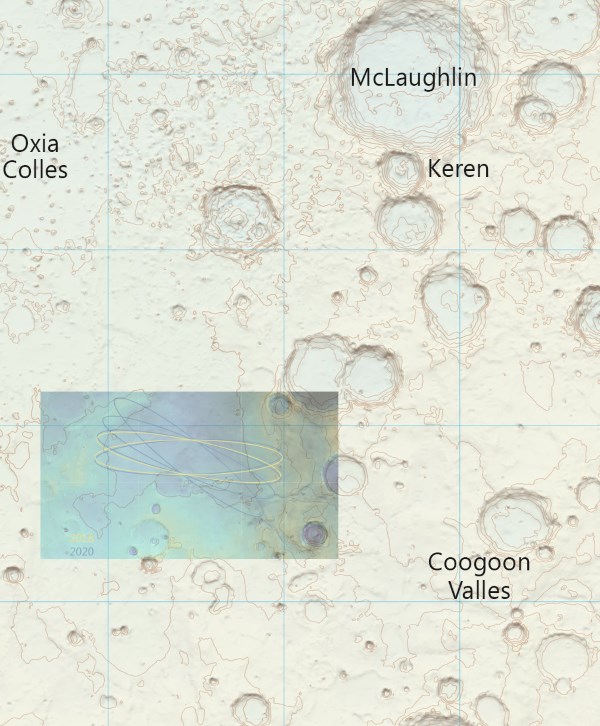This is a suggestion for a way to resolve questions such as: How effective are the best...
First for anyone who doesn't know, NASA’s perseverance rover is currently collecting small...
First for anyone who doesn't know, NASA’s perseverance rover is currently collecting small...
For those who don’t know the background, NASA’s Perseverance rover is gathering...








